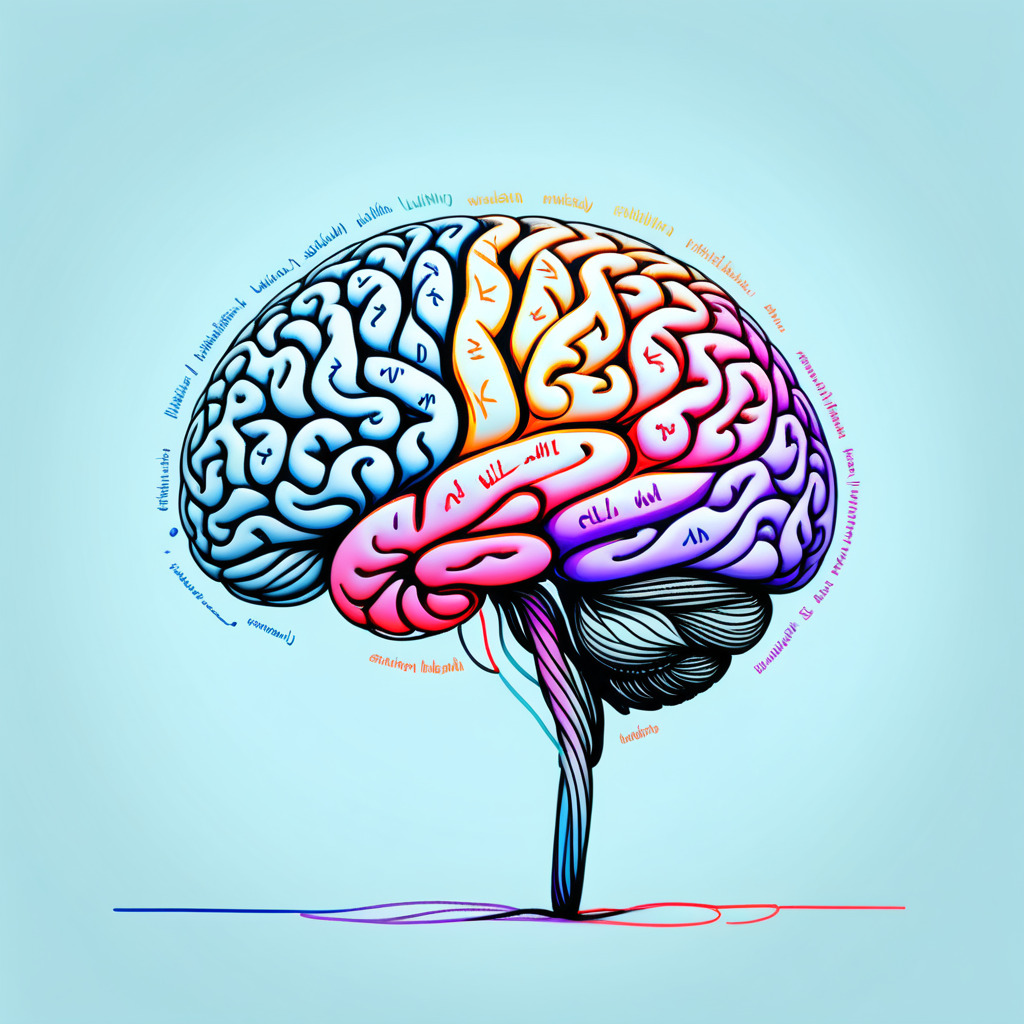Cognitive inflexibility is a key feature of various mental disorders, reflecting an individual’s difficulty in adapting their thinking or behaviour in response to changing circumstances. This rigidity can show up as an inability to shift attention or change strategies, often leading to unhelpful behaviours. In mental health, cognitive inflexibility is linked to compulsivity, where individuals struggle to move away from repetitive thoughts or actions despite negative outcomes. This can worsen symptoms and make coping harder, making it an important focus in understanding and treating mental health conditions.
Table of Contents
Mental Disorders Linked to Cognitive Inflexibility
Recent research on cognitive flexibility showed that several mental disorders are linked to cognitive inflexibility, including Post-Traumatic Stress Disorder (PTSD), Generalised Anxiety Disorder (GAD), and binge-eating disorder. Interestingly, these disorders show greater problems with cognitive flexibility than Obsessive-Compulsive Disorder (OCD) (we offer OCD treatment in Sydney), traditionally associated with compulsivity. This suggests that compulsivity and cognitive inflexibility are not exclusive to OCD but are also significant in other anxiety and impulsivity-related disorders. This challenges conventional views and underscores the need to consider these cognitive issues across a broader range of mental health problems.
ADHD and Cognitive Flexibility
In contrast, disorders such as panic disorder and Attention Deficit Hyperactivity Disorder (ADHD) did not show significant difficulties with cognitive flexibility in the study. While impulsivity is common in some disorders, it does not necessarily relate to cognitive inflexibility. The distinction between impulsivity and compulsivity is important; impulsivity involves acting on urges without forethought, whereas compulsivity involves repetitive behaviours driven by distress or anxiety. Understanding these differences can lead to more targeted interventions and therapeutic approaches.
Impulsivity vs. Compulsivity
The relationship between cognitive inflexibility and impulsivity is complex. While impulsivity involves quick actions without considering consequences, cognitive inflexibility involves a failure to adapt or change strategies when needed. In disorders like gambling and binge eating, both impulsivity and compulsivity are present, suggesting a dual role where individuals may impulsively engage in behaviours but also struggle to change those behaviours due to cognitive rigidity. This interplay can create a cycle where impulsivity leads to compulsive behaviours, maintained by cognitive inflexibility. Addressing these intertwined issues requires a comprehensive approach targeting both impulsive actions and underlying cognitive rigidity.
Cognitive Inflexibility and Mental Health
Recognizing cognitive inflexibility as a common issue across multiple disorders is crucial. By understanding how these problems appear in different conditions, psychologists can develop more effective treatment strategies that address the root cognitive issues. Future research should continue to explore the mechanisms behind cognitive inflexibility and its impact on mental health, potentially leading to new interventions that enhance cognitive flexibility and improve outcomes for individuals with these disorders.
Causes of Low Cognitive Flexibility
Low cognitive flexibility can come from neurological, environmental, and cognitive factors. Neurologically, conditions such as ADHD, autism spectrum disorders, and certain brain injuries can affect the prefrontal cortex, crucial for adapting behaviour and switching tasks. Genetic predispositions and neurochemical imbalances might also limit an individual’s ability to adjust their thinking.
Environmental influences, like chronic stress and lack of diverse experiences, contribute to reduced flexibility by reinforcing rigid thinking patterns. Task automation and expertise can further entrench these patterns, as reliance on routine procedures reduces the need for creative problem-solving. Additionally, cognitive blockage and fixation can lead to low flexibility; individuals become stuck on specific ideas or solutions, unable to shift perspectives or consider alternatives. This underscores the importance of fostering environments and mindsets that encourage adaptability and diverse thinking.
Types of Cognitive Flexibility
Spontaneous flexibility is the ability to adapt and generate new ideas without prompts. This type of flexibility is crucial for innovation and effective problem-solving, allowing individuals to approach challenges from new angles. It relies heavily on the brain’s ability to reorganize and integrate information dynamically, often facilitated by the prefrontal cortex. This enables people to navigate complex and unpredictable situations with ease, fostering creativity and adaptability in various contexts.
Reactive flexibility plays an important role in responding to immediate changes or challenges in the environment. This form of flexibility involves quickly shifting attention and modifying behaviour when faced with new information or unexpected obstacles. Reactive flexibility is essential for decision-making in dynamic situations, allowing individuals to adjust their actions and thoughts to meet current demands effectively. By honing both spontaneous and reactive flexibility, individuals can enhance their cognitive adaptability, leading to improved problem-solving skills and innovation in both personal and professional settings.
How to Increase Cognitive Flexibility
One primary method is to incorporate variability into training scenarios. By exposing individuals to a wide range of situations, they learn to adapt their strategies rather than relying on fixed routines. For example, firefighters are trained in diverse environments and with different types of fires, which helps them develop the ability to adjust their approach dynamically. Similarly, knowledge workers in an office can be exposed to many different problems during training, encouraging them to apply their knowledge creatively. This variability ensures that individuals are not overly reliant on a single strategy and can instead draw from a repertoire of skills to address new challenges effectively.
On the flip side, repetition and monotony can harm with cognitive flexibility.
Another critical approach is to focus on restructuring knowledge and improving attentional control. Restructuring knowledge involves moving beyond surface-level understanding to grasp the underlying principles of a task, enabling individuals to apply their knowledge flexibly across different contexts.
Teaching problem-solving strategies that emphasize the “why” behind a solution, rather than just memorizing steps, helps with cognitive adaptability.
Additionally, attentional control training helps people manage their focus, allowing them to disengage from one task and reallocate their attention to new demands as needed. This is particularly important in complex environments, such as aviation or emergency response, where shifting priorities require rapid adjustments in strategy.
Please note that this blog post by Personal Psychology, psychologists on the Lower North Shore is not intended to provide professional advice. If you or someone you know is experiencing mental health difficulties, it is important to seek help from a qualified healthcare professional.





